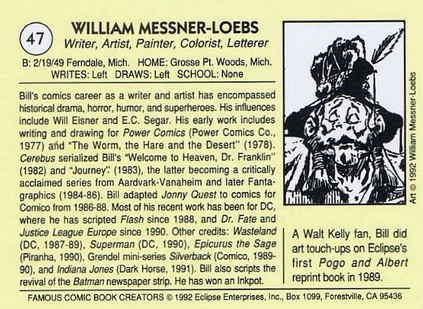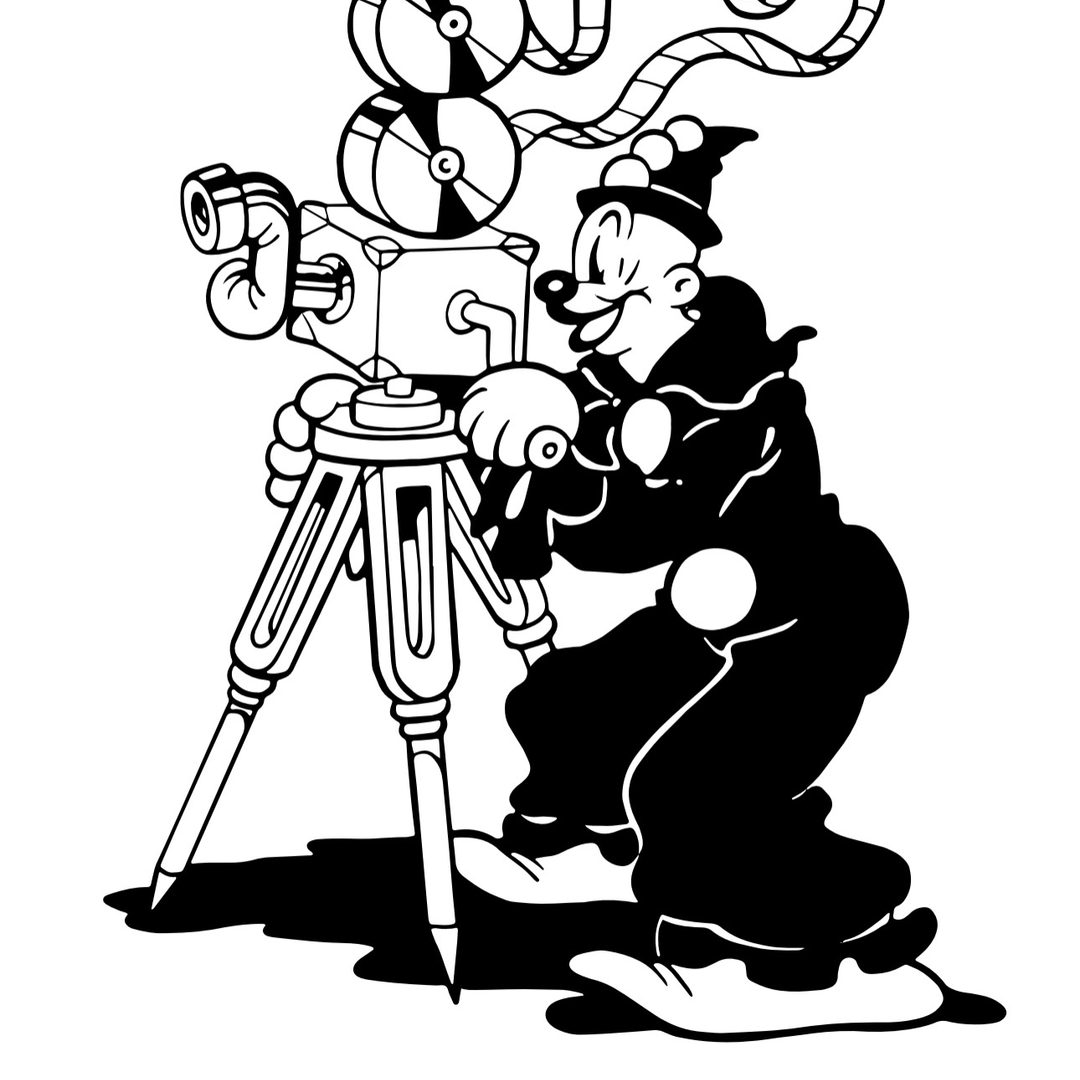CSotD: The Ladies, God Bless’em
Skip to commentsMy hip replacement has had the pleasant timing to have occurred during the Women’s World Cup. While I’m still pushing my walker around the apartment, I have had the chance to watch a lot of soccer, or, as Stephen Collins and three-quarters of the rest of the world would call it, football.
Unlike Brian, I like the women’s game, I think, because, as in women’s basketball, there’s more passing and set plays and less simply barreling towards the goal. I could be wrong about that, but I couldn’t be as wrong as Brian, which is a relief.
Being at home and not in a pub, I haven’t had to listen to many Brians and, as it happens, the only sexist thing I encountered some some prat on Twitter, who said he likes the women’s game because they don’t flop like the men. He said this about five minutes into the first game.
“Tell me you’ve never played the game without telling me you’ve never played the game.”
Yes, there are players — men and women — who milk their injuries, sometimes in hopes of getting a penalty but more often just to catch their breath.
Sometimes they stay on the ground because it hurts like hell. I’d like to see our expert get knocked to the turf full speed unexpectedly, from behind, by someone with no padding. I’m sure he’d tuck and roll and be back on his feet in no time.
In any case, what the fellow on Twitter said was intended as a compliment, but, well, let’s talk about compliments for a moment.
Here’s a snippet from a significantly longer, brilliant piece by French author Emma about “benevolent sexism” and how it holds women back. It wouldn’t be fair to reproduce the whole thing here, and you’ll want to go read it anyway because the Guardian also includes a link to an interview with her.
Like most men my age of any character, I spend a fair amount of time looking back and asking, “Did I do that?” and fearing the day some woman from my past will confront me with “Yes, you did!”
Looking back at the handful of women I hired and supervised, I feel that I gave them far more respect and responsibility than they might have found elsewhere, and I hope that’s enough.
I don’t think I ever compared anyone to a potted plant, even with the best of intentions, but go read it for yourself and decide how things, on each end of the sexism scale, have gone for you.
I particularly admire the just-the-facts way Emma lays it out. There’s enough guilt to go around; no need to hype it up.
Graeme Keyes took a more militant approach to the combination of all the Barbie hoopla and the death of Sinead O’Connor. I was pleased by how many people responded to Sinead’s death with sorrow and respect, given the amount of negative publicity she attracted in her lifetime.
I don’t know that it has to be an either/or proposition, but if my granddaughters are going to play with Barbie, I sure hope at some point they also learn about people like Sinead.
Meanwhile, speaking of women not to be mistaken for potted plants, Ann Telnaes offers a brief, interesting discussion on her Substack of times when a static, print cartoon might have more impact than an animation.
It’s something all artists should consider, but it carries particular weight in part because Telnaes got her start in animation, and also because she threatens to abandon Twitter for Substack. It’s free to sign up for her periodic bits of cartooning wisdom, though you’re permitted to donate to help her get by if you’d like.
If you’re serious about the art form, she’s not a bad mentor.
And also on the topic of cartoonists not to be mistaken for potted plants, I found it interesting that this Jen Sorensen cartoon never mentions men and women, but it would be hard to miss the fact that it is a woman’s work.
Unless you’re Brian, of course, but he wouldn’t get it at all, so there’s that.
Marc Murphy is a dude, but it’s possible to be both male and a feminist, and here he explores — without a lot of fancy dancing — the mystery of why conservative women don’t push back when their rights are taken away from them.
I’m sure there’s an answer, mind you, but he has the good sense to simply offer a snapshot, not an explanation. Sometimes that’s the wise approach.
I often felt the Chieftains were delivering a dry, scholarly lesson on the history of Irish music. Never felt that way about Sinead.










Comments 8
Comments are closed.